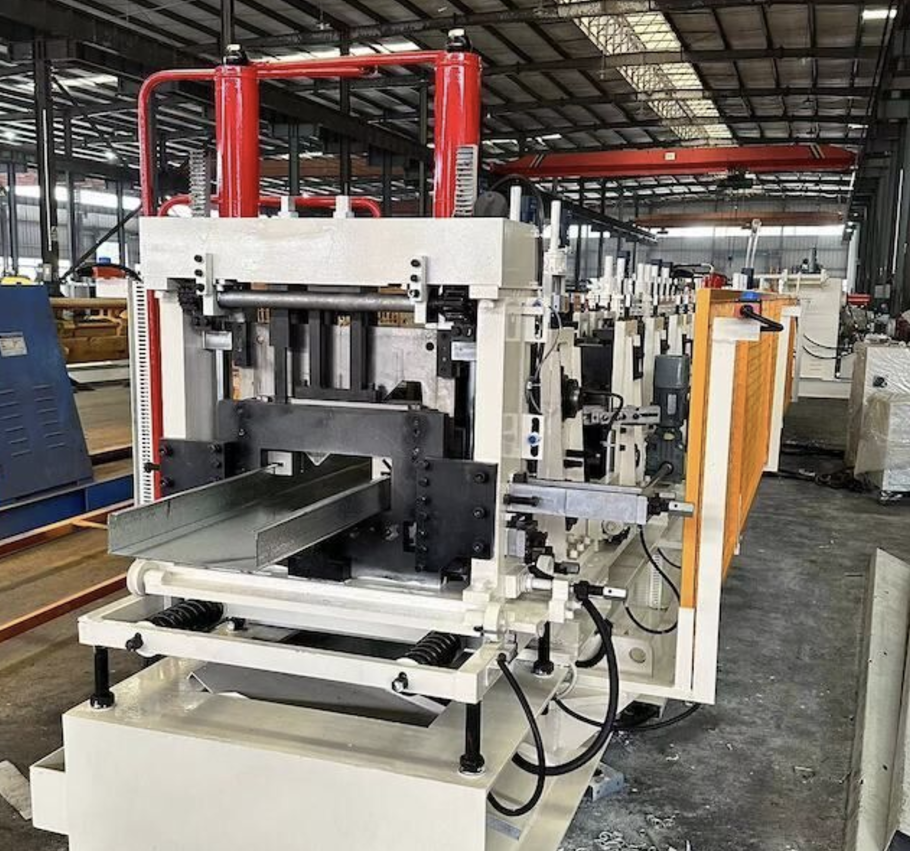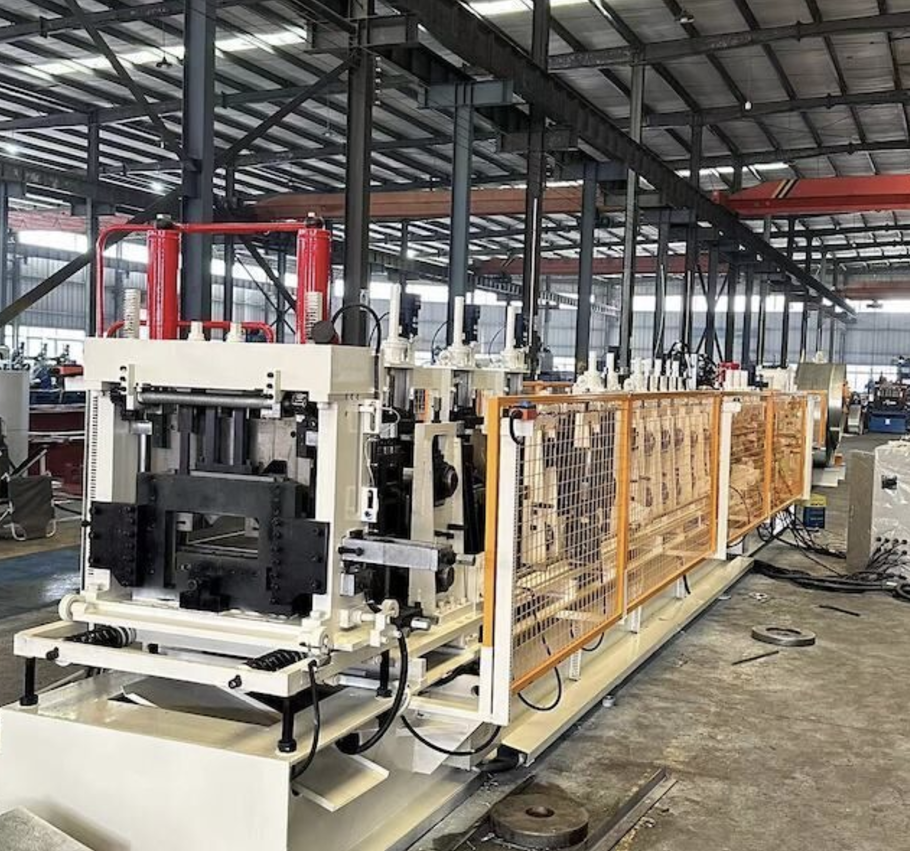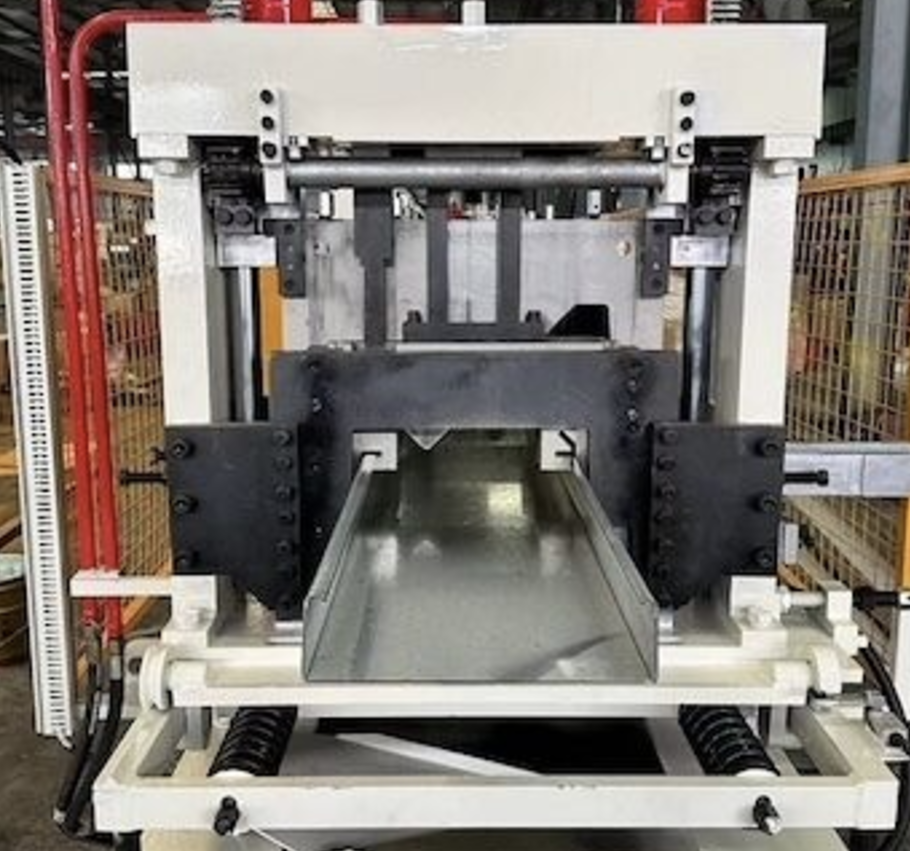To express an interest in this machine please submit the form below.

Not Sure What Machine You Need?
Select Your Profile, We'll Match It
Choose your desired profile drawing, and let Machine Matcher connect you with the best roll forming machine tailored to your needs.
Browse Profiles



Purlin roll forming machines are essential equipment in the construction industry, particularly for producing high-quality steel purlins used in building frameworks. Massachusetts, with its growing construction and industrial sectors, presents a promising market for these machines. This blog provides a complete overview of purlin roll forming machines, including their specifications, functionality, and a targeted focus on the Massachusetts state market.
A purlin roll forming machine is designed to manufacture steel purlins in various shapes, such as C, Z, and U profiles. These purlins are widely used in roofing, wall construction, and structural frameworks. The machine operates with high efficiency, precision, and automation, enabling manufacturers to produce consistent, high-quality profiles that meet the specific requirements of modern construction projects.
| Feature | Details |
|---|---|
| Profile Types | C, Z, U, and interchangeable profiles |
| Material Compatibility | Galvanized steel, stainless steel, aluminum |
| Material Thickness | 1.5 mm - 3.0 mm (customizable for thicker materials) |
| Width Range | 80 mm - 300 mm |
| Forming Speed | 20-30 m/min (adjustable) |
| Roller Materials | High-grade chromium steel with heat treatment |
| Hydraulic Cutting System | Servo or hydraulic cutting with high accuracy |
| Frame Size | Heavy-duty steel frame, customizable dimensions |
| PLC Control System | Integrated with touch-screen interface for automation |
| Power Requirements | 220V/380V/440V, 50Hz/60Hz, tailored to U.S. standards |
| Safety Features | Enclosures, emergency stop, and operator safety guards |
| Extras | Automatic stacker, remote control, and coil handling system |
The machine can produce C, Z, and U profiles. Some models allow automatic changeover between these profiles without requiring manual intervention.
Yes, the machine can be customized to operate on U.S. power standards, including 220V, 380V, or 440V, 50Hz or 60Hz.
Lead times vary depending on the supplier and customization requirements but generally range from 4 to 8 weeks.
Regular maintenance includes lubrication of moving parts, checking roller alignment, and ensuring the hydraulic system is free of leaks. Most machines come with a detailed maintenance manual.
Yes, machines can be customized to handle materials up to 3.5 mm or more, depending on your requirements.
Yes, optional extras such as automatic stackers, remote PLC systems, and advanced coil handling systems can enhance productivity.
Copyright 2026 © Machine Matcher.